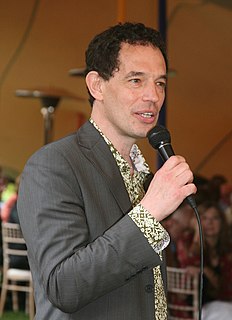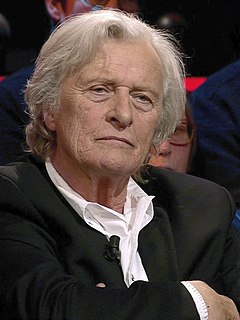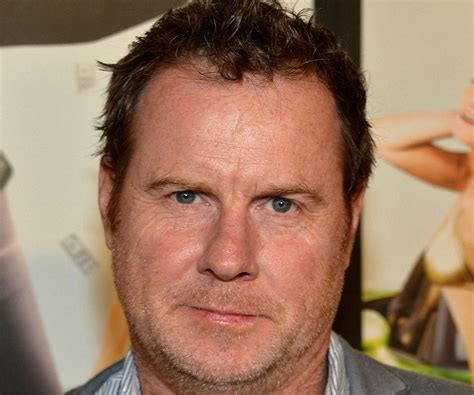A Quote by Jonathan Sacks
Science takes things apart to see how they work. Religion puts things together to see what they mean.
Related Quotes
It doesn't matter who's directing, or who's doing the movie; there are a ton of things that can go wrong, and they do all the time. So you just have to figure out how to get through it, and then how the director finally puts it together, and then see what the audience takes from it. That's the most important thing to me.
Science is like society and trade, in resting at bottom upon a basis of faith. There are some things here, too, that we can not prove, otherwise there would be nothing we can prove. Science is busy with the hither-end of things, not the thither-end. It is a mistake to contrast religion and science in this respect, and to think of religion as taking everything for granted, and science as doing only clean work, and having all the loose ends gathered up and tucked in. We never reach the roots of things in science more than in religion.
Everything that comes together falls apart. Everything. The chair I’m sitting on. It was built, and so it will fall apart. I’m gonna fall apart, probably before this chair. And you’re gonna fall apart. The cells and organs and systems that make you you—they came together, grew together, and so must fall apart. The Buddha knew one thing science didn’t prove for millennia after his death: Entropy increases. Things fall apart.
For me, my work is pretty much a lot of my identity. I mean I live to work, basically. With money I'm able to earn I don't put into clothes especially or things like that. I use it as a way of buying time to work. That's how I see money for me. It represents time to be by myself working on these ideas. So in that sense, the work is kind of a surrogate religion, maybe not so surrogate, maybe it is part religion.
As I get older, my perspective changes, and I just see how relationships aren't always what they appear to be. It's one of those sad but true things. We can see sometimes when people are becoming distant in all the things that create breaking apart, as painful as it is, and at the same time, still appreciating that person.
One of the problems of taking things apart and seeing how they work - supposing you're trying to find out how a cat works--you take that cat apart to see how it works, what you've got in your hands is a non-working cat. The cat wasn't a sort of clunky mechanism that was susceptible to our available tools of analysis.
We all have our own takes on things. To being yourself. The abstract, the whole thing that I play with, seems to result in seeing through your lenses, and once you express how you see things to others, you start to see there are similarities between all people. It's kind of like, no matter how far you go, you're still where you started, in a way.





































